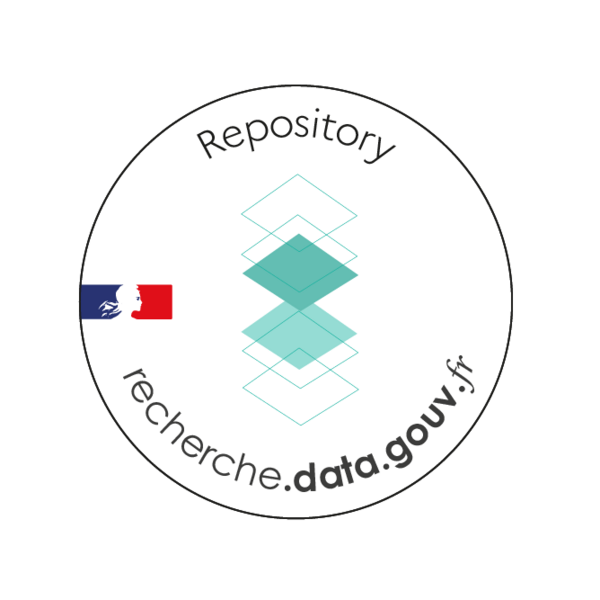Data and software
As part of its research projects, Université Gustave Eiffel produces, collects and processes a large amount of data and software that contribute to producing research results.
In the interests of transparency and sharing of scientific research, Université Gustave Eiffel wishes to make these data and codes as open as possible and available for reuse. To achieve this, it promotes good data management practices among its research teams to produce easy-to-find, accessible, interoperable and reusable data.
The University has put in place tools and services to support researchers, faculty, engineers and PhD students in legal, IT, documentary, archival, openness and transfer matters, at every stage of the data and software life cycle.
This local support system was recognised as a “Data cluster” December 2022.
Through its Data Univ Eiffel cluster, Université Gustave Eiffel is a member of the Recherche Data Gouv.
Supporting research teams in the management and dissemination of data
Researchers, faculty, engineers and PhD students at the University and its member or associated schools can request the help of the Data Univ Eiffel workshop via a ticketing tool to obtain support in the following areas:
- Writing a data management plan
- Intellectual property protection
- Personal data protection
- Data storage
- Software development
- Software transfer
- Open data or source code
- Attribution or understanding of a reuse licence
- Data archiving
Accessing the University’s data
Université Gustave Eiffel’s space on the Recherche Data Gouv repository stores data linked to publications that is accessible and can be reused under an open licence. Each dataset is assigned a unique and permanent identifier to facilitate citation.
The data available on data.univ-gustave-eiffel will be gradually transferred to Recherche Data Gouv repository. The data.univ-gustave-eiffel platform was set up to meet research staff’s need for a repository and to guarantee the quality of the data and metadata disseminated.
Would you like to find out more about the university's data and software assets? Read the #DATA articles published on Reflexscience to learn more about the data and software produced by the University’s research teams and our staff’s contributions to the open science movement.
Accessing the University’s codes and software
HAL and Software Heritage
Some software is deposited and referenced on the Hal open archives platform and available for download at Software Heritage, the digital infrastructure that preserves and makes accessible the source codes of publicly available software.
The university's software forges
Some software projects are hosted on one of the University’s software forges to facilitate collaboration between developers and conserve a history of versions of the code.
When these source codes can be distributed as open source, they are made publicly available on one of these two platforms.
Visit the University’s GitHub page: https://github.com/Universite-Gustave-Eiffel
Visit the University’s GitLab page: https://gitlab.univ-eiffel.fr/explore
Raising awareness and providing training in good practices for data and software management
Training courses dedicated to research data are available for research staff at the University. You can register for these courses via the training platform for university staff.
This network brings together research staff and engineers with experience and a keen interest in managing and/or opening up research data and/or software. The role of these data ambassadors is to raise awareness, provide guidance to the workshop team and pass on the needs of the research teams to the Data Univ Eiffel team.
The aim of the DATA meetings is to increase the skills of laboratories and research staff in managing and opening up data, algorithms and source codes, and to offer a time for sharing in which to discuss these issues within the University.
The topics covered are linked to current events or needs identified by the DATA ambassador network, and may concern data, software, or a variety of general or subject-specific topics.
The DATA meetings are available for replay on CLAP, the University’s video library.








